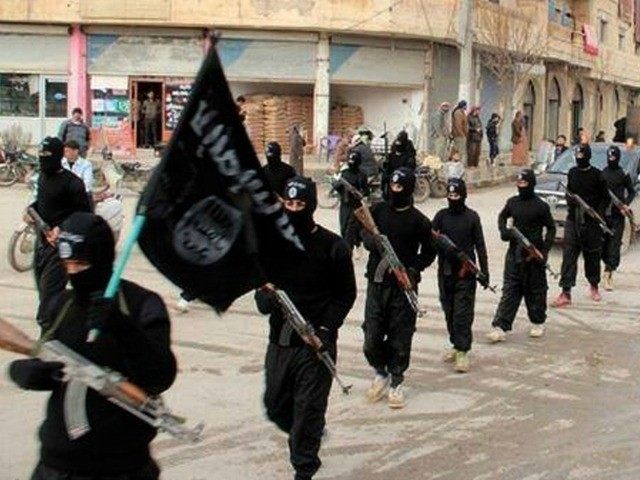Last week, President Barack Obama sparked outrage when he declared that the root cause of Islamic State (ISIS) terrorism is not radical Islam but poverty.
“We have to address grievances terrorists exploit, including economic grievances,” said Obama.
However, as terrorism experts explain, a vast percentage of Islamic terrorists come from middle-class backgrounds, wealthy families, or have impressive educational pedigrees. CNN’s national security analyst Peter Bergen says many of the world’s most notorious terrorists came from affluence and education:
- Osama bin Laden: son of a Saudi construction magnate who attended Saudi Arabia’s top high school and best university.
- Mohamed Atta: ringleader of the 9-11 terrorist attacks and the son of an Egyptian lawyer. Atta worked on his doctorate at a German university.
- Ayman al Zawahiri: Present leader of al Qaeda and a “surgeon who comes from a leading Egyptian family that counts ambassadors, politicians and prominent clerics amongst its ranks.”
- Nidal Hasan: the Fort Hood terrorist who “was not only an officer in the U.S. Army and a psychiatrist, but is also from a comfortably middle-class family in Virginia.”
- Faisal Shahzad: the terrorist who tried to blow Times Square on May 1, 2010. “He had obtained an MBA in the United States and had worked as a financial analyst for the Elizabeth Arden cosmetics company. His father was one of the top officers in the Pakistani military.”
- Anwar al-Awlaki: “The late leader of al Qaeda in the Arabian Peninsula, who tasked the underwear bomber to blow up an American plane over an American city, was studying for his Ph.D. at George Washington University before he took up arms with al Qaeda. Awlaki’s father was a Cabinet minister in Yemen.”
- Umar Abdulmuttalab: the so-called “underwear bomber” who tried to detonate “a bomb on a U.S. passenger jet flying over Detroit on Christmas Day 2009, is the son of one of the richest men in Africa and attended University College London.”
Numerous studies have found similar trends. One study of 172 al Qaeda terrorists conducted by former CIA case officer Marc Sagemann found that “just under half were professionals; two-thirds were either middle or upper class and had gone to college; indeed, several had doctorates.”
In the case of ISIS terrorists, if its estimated 31,500 members weren’t well off to start, they certainly could be now if ISIS were to divvy up its massive $2 billion and growing wealth–a sum that makes it the world’s richest terrorist group. That works out to $63,492 per ISIS terrorist–an amount well above U.S. median income. As even the U.S. Treasury Department notes, ISIS makes about $1 million a day off just its black market oil sales.
Other ways ISIS makes massive money? “They rob banks. They lay waste to thousands of years of civilization in Iraq and Syria by looting and selling antiquities,” said David Cohen, the Treasury Department official in charge of undermining ISIS finances. “They steal livestock and crops from farmers. And despicably, they sell abducted girls and women as sex slaves.”
Moreover, ISIS uses its digital savvy to recruit often middle-class individuals online. As recently as Friday, ABC News reported on three London teenage schoolgirls who had been recruited by ISIS boarding flights to join the Jihad–an increasingly common story.
Still, the Obama White House persists in forwarding its belief that poverty, not radical Islam, fuels Islamic State terrorism.
Last week, State Department spokeswoman Marie Harf drew scorn from even Democrats and liberals when she insisted on doubling-down on her contention that poverty is the root cause of terrorism.
“We need, in the longer term, medium and longer term, to go after the root causes that leads people to join these groups, whether it’s lack of opportunity for jobs,” said Harf.
Obama agrees.
“When millions of people — especially youth — are impoverished and have no hope for the future, when corruption inflicts daily humiliations on people, when there are no outlets by which people can express their concerns, resentments fester,” said Obama last Wednesday. “Where young people have no education, they are more vulnerable to conspiracy theories and radical ideas.”

COMMENTS
Please let us know if you're having issues with commenting.